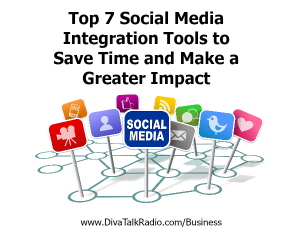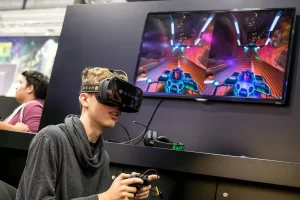
Mobile gaming has become an integral part of our lives, serving as a popular form of entertainment and relaxation. Over the years, social media integration in mobile games has emerged as a powerful tool for developers to create engaging experiences and enhance user satisfaction. This article delves into the impact of social media integration in mobile games and explores how it has revolutionized the gaming industry.
1. Enhanced User Engagement
Incorporating social media integration in mobile games has significantly increased user engagement. Players can seamlessly connect their game accounts with social media profiles, allowing them to share their achievements, high scores, and challenges with friends and followers. This feature not only fosters healthy competition but also provides a sense of community, as players can interact with like-minded individuals who share a passion for gaming.
2. Viral publicity and Increased Reach
Social media integration enables players to share their gaming experiences on various platforms, leading to viral publicity and increased reach for mobile games. When players share their progress or invite friends to join, it creates a ripple effect that expands the game’s user base. This organic promotion can result in exponential growth as friends of friends get exposed to the game.
3. Real-time Multiplayer Experiences
Social media integration has allowed developers to introduce real-time multiplayer experiences within mobile games. Players can challenge their friends on social media platforms, compete in leaderboards, or participate in cooperative play. These interactive features foster a sense of camaraderie, making gaming a more social and immersive experience.
4. Personalized Recommendations and Targeted Advertising
Social media integration empowers developers to gather data regarding players’ preferences and behavior. By analyzing this data, developers can offer personalized game recommendations based on players’ interests. Additionally, it enables targeted advertising, ensuring that players are exposed to games that align with their preferences. These tailored experiences increase the likelihood of players discovering and enjoying games they may not have found otherwise.
5. Gamification of Social Media
Integrating social media features in mobile games has transformed social media platforms into gamified environments. Players can earn badges, achievements, and rewards for accomplishing various in-game tasks, which can then be shared on social media. This gamification element adds excitement and challenges to the overall gaming experience, further motivating players to continue engaging with the game.
6. Improved Retention and Monetization
Social media integration plays a crucial role in enhancing user retention and monetization in mobile games. By providing multiplayer functionalities and social interactions, players are more likely to continue playing over an extended period. Moreover, the social aspect encourages players to spend money on in-app purchases, such as exclusive skins, boosts, or virtual currency, further driving revenue for developers.
Conclusion
Social media integration in mobile games has revolutionized the gaming landscape, providing developers with powerful tools to enhance user engagement, increase game reach, and monetize their games effectively. By fostering communities, encouraging healthy competition, and offering personalized experiences, social media integration has made mobile gaming a more social, immersive, and satisfying experience. As technology continues to advance, we can expect even more innovative social media integrations in the future, further shaping the future of mobile gaming.


